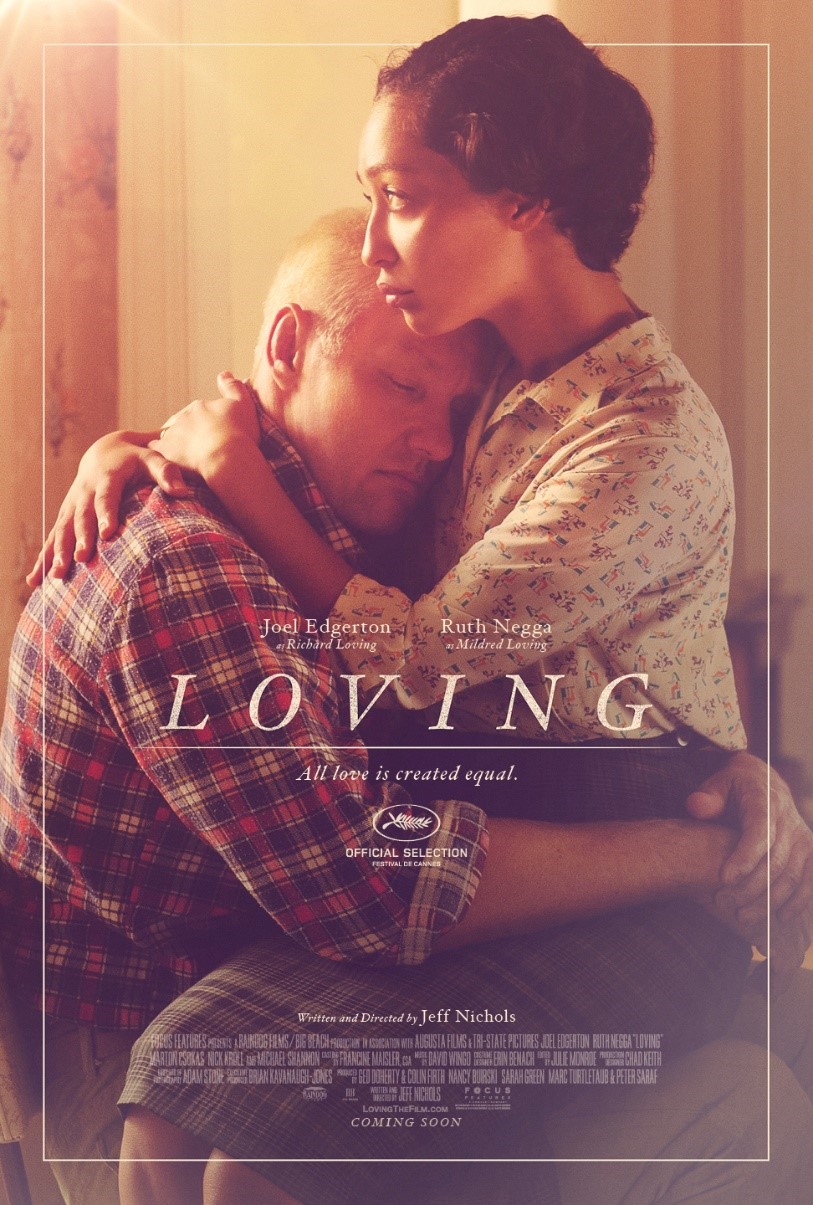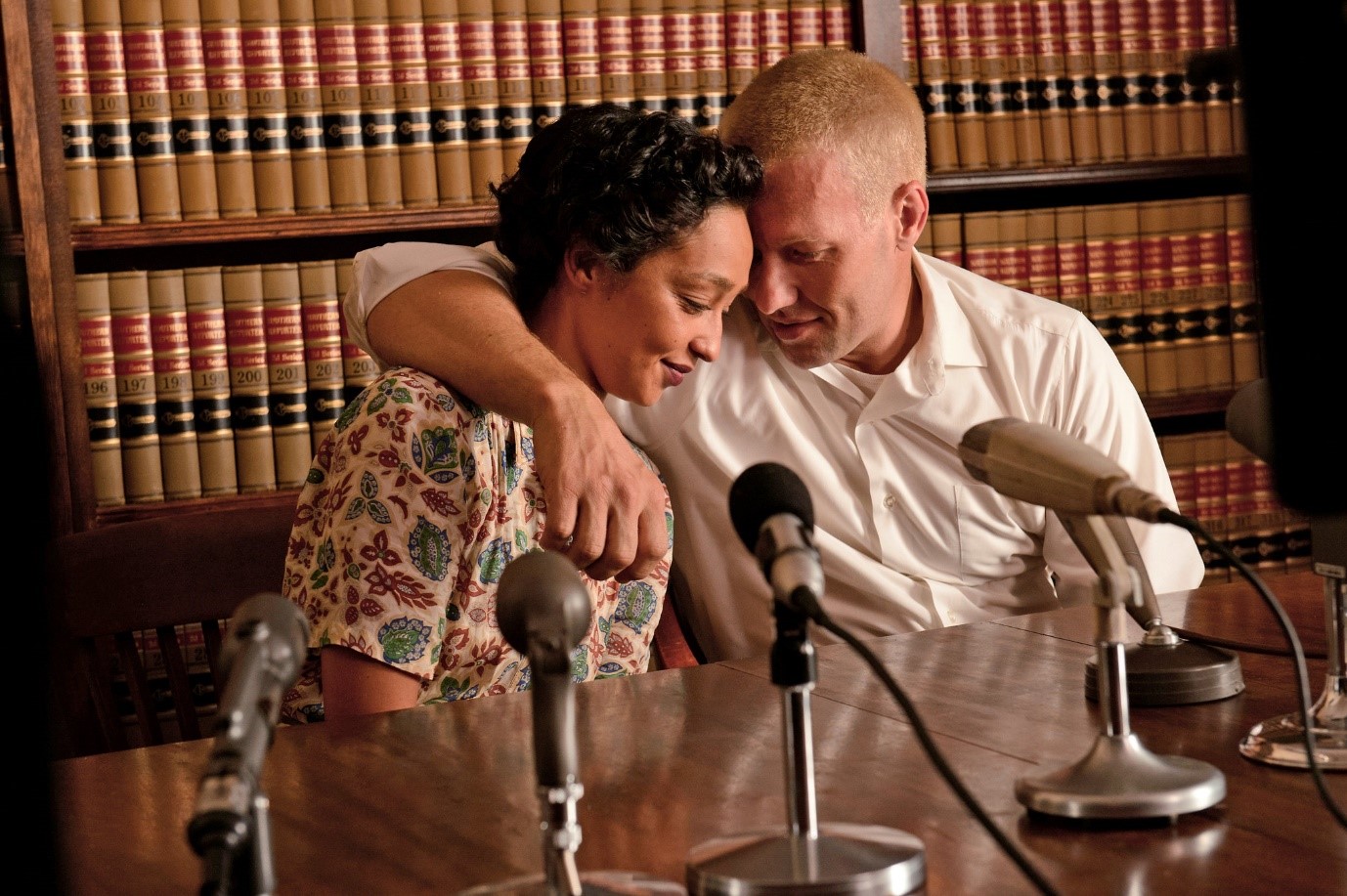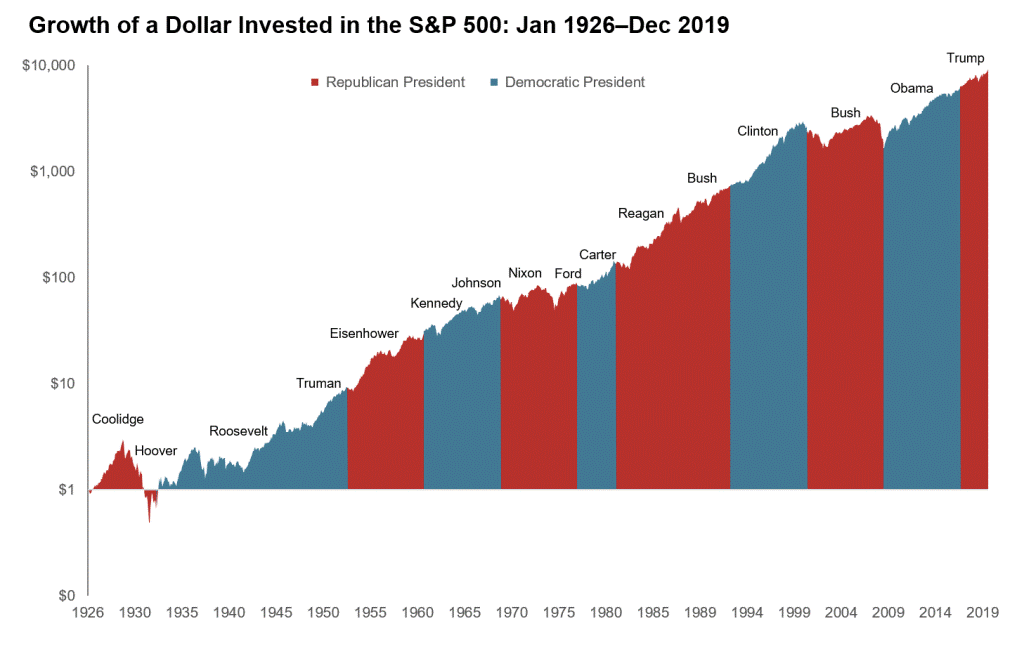What do you really want out of life?
What do you treasure? What are you striving for?
Well, generally speaking, I find that society is divided between two kinds of people:
- Category #1 — the people who want things to change. They tend to value innovation.
- Category #2 — the people who want things to stay the same. They tend to value tradition.
Quite often, these people will feel strongly enough about their values to promote a political cause:
- Sometimes they will contribute in smaller ways — trying to change the minds of their family and friends behind closed doors, through polite conversation, over private meals.
- Sometimes they will contribute in bigger ways — organising events in their community, standing for public office, fundraising.
You have encountered some of these people in your own life, haven’t you? They certainly leave an impression. Because you always know what they stand for. You always know what they are striving towards.
However, there’s also another group of people out there. Category #3. You have encountered them as well, haven’t you? They often fly under the radar. Because they don’t campaign for any political cause. Instead, they choose to live their lives quietly. They prefer to mind their own business. They value their anonymity; their ordinariness.
Mildred and Richard Loving certainly belong in Category #3. They’re humble, low-profile country folks. So normal — so achingly normal — that they are usually overlooked by the mainstream.
But here’s the twist: sometimes people like Mildred and Richard find themselves on a collision course with destiny. They are suddenly plucked out of obscurity, then catapulted into the public arena.
Such an event is, in equal turns, remarkable and improbable.
It happens not because people like Mildred and Richard seek out such attention.
It happens only because they are forced into it.
They actually have no choice in the matter.
The heartbreaking case of Loving v. Virginia

Source: IMDB
When Mildred and Richard fall in love, it seems like the most natural thing in the world:
- They had grown up in the same community. Central Point, Caroline County, Virginia.
- Mildred is of mixed Native-American and African-American ancestry.
- Richard is of plain-vanilla European stock.
- To put it simply: Mildred is black, and Richard is white.
In Richard’s eyes, their relationship is no big deal:
‘There’s just a few people that live in this community. A few white and a few colored. And as I grew up, and as they grew up, we all helped one another. It was all, as I say, mixed together to start with and just kept goin’ that way.’
Unfortunately, this is 1950s America, and anti-miscegenation laws are in force in Virginia. Interracial marriage is taboo.
Of course, Mildred and Richard aren’t political rebels. On the contrary, they are proud working-class, blue-collar Virginians. Comfortable with their culture. Comfortable with their roots.
They have no intention of rabble-rousing. No intention of virtue-signalling. They utter no slogans and wave no placards. None of that.
The honest truth is this: Mildred and Richard are simply quiet folks who genuinely love each other, and all they want to do get married and raise a family.
Their earnest story is portrayed, with moving sensitivity, in the 2016 drama Loving:
- In 1958, Mildred and Richard travel to Washington, D.C. to officially get married. It’s the best they can manage, given the circumstances.
- Upon their return to Virginia, Richard fulfils a promise he makes to Mildred. He wants to build her a house. He plans to do it the old-fashioned way. Piece by piece. Brick by brick. By hand.
- Unfortunately, that’s when the trouble starts. One night, Mildred and Richard are jolted awake when they are raided by the local sheriff and his deputies.
- In desperation, Mildred and Richard show the sheriff their marriage certificate from Washington. The sheriff dismisses it as being invalid in Virginia. They are immediately charged for breaching the state’s anti-miscegenation laws.
- Mildred and Richard endure a short but harrowing stint in prison — before a judge releases them. But it comes with a stern condition: Mildred and Richard not to return to Virginia for at least 25 years.
The judge lays out his ultimatum like this:
‘Almighty God created the races white, black, yellow, malay and red, and he placed them on separate continents. And but for the interference with his arrangement there would be no cause for such marriages. The fact that he separated the races shows that he did not intend for the races to mix.’
Does the judge have a point? Or does he not?
It’s important to understand that he’s not making this statement for the sake of being malicious. He is simply expressing the values of the day and upholding them.
Of course, Mildred and Richard have a different interpretation for what the Almighty intended, but they are not in a position to argue.
Discouraged, browbeaten, they have no choice but to comply:
- They move to Washington for a time, effectively living in exile.
- However, the gravitational pull of their Virginian roots is too strong for Mildred and Richard to ignore. They crave their rural family ties. They miss it.
- So they take a chance and return to their home state. Unfortunately, this means that they are arrested again. Charged again.

Source: The New York Times
This is where their extraordinary journey takes a turn.
Bernard Cohen, a lawyer with the American Civil Liberties Union, takes a keen interest in Mildred and Richard’s struggle.
Cohen is an intriguing character. The son of Jewish immigrants from Eastern Europe, Cohen had grown up in Brooklyn, New York. As a member of an ethnic minority, he has seen his fair share of discrimination.
He sympathises with Mildred and Richard, and despite the long odds, he decides that he will fight for the couple:
- Their case becomes known as Loving v. Virginia.
- What’s at stake? Well, not just the legality of Mildred and Richard Loving’s marriage, but the legality of all interracial marriages in America.
- The case provokes controversy in media, stirring up tension throughout the nation.
Richard finds the legal proceedings stressful. Bewildering. And why not? He is just a humble construction worker. More accustomed to laying bricks than dealing with such a public event. Indeed, the national politics of this is so far-removed from his working-class world. He struggles to grasp the significance of it.
When the case is eventually elevated from the state court in Virginia to the Supreme Court in Washington, Richard is invited to make an appearance and speak.
However, as depicted in the film, he turns down the offer. He’s painfully shy. A man of few words. He can’t handle the attention.
Instead, Richard asks Cohen to go to the Supreme Court and speak on his behalf:
‘You tell the judge I love my wife.’
It’s a simple statement. From a modest man. Yet so incredibly profound.
Ultimately, there’s a bittersweet conclusion to this layered story:
- Against the odds, Cohen successfully argues the case for Mildred and Richard’s marriage. It’s about freedom. It’s about dignity. It’s about common sense.
- So, in 1967, the Supreme Court makes the unanimous decision to overturn the ban on interracial marriage. This has an immediate impact on the 15 Southern states that has traditionally practised anti-miscegenation laws. They are formally dismantled. This is a historical triumph.
- From this point on, Richard and Mildred can get on with their lives. They can raise their family in peace. Without the fear of persecution. At last, they can breathe easy.
- Sadly, the couple only have a limited time to savour their newfound liberty. In 1975, Richard dies when a drunk driver collides into his car. He’s only 41 years old. His passing is tragically sudden.
- Poignantly, a widowed Mildred continues to live on in the house that Richard had built for her in Virginia. She is still living there in 2008, when she dies at the age of 68.
Here’s why freedom matters to you as an investor
Mildred and Richard’s journey inspires deep thought and reflection.
It’s a story of quiet courage and resilience — but it’s also a story that offers a snapshot of the turbulent era that they lived in. Segregation. Civil rights. Evolving attitudes.
Now, in this modern day and age, we are blessed enough to enjoy liberties that Mildred and Richard Loving had to struggle and fight for.
Nonetheless, we shouldn’t take any of it for granted. Because freedom is never completely won. But it can be lost:
- Perhaps you feel uneasy about certain trends emerging in the world today?
- Perhaps you feel uncomfortable about certain attitudes gaining pace in your community?
- Perhaps you’re wondering what the long-term impact might be on your family’s well-being and happiness?
Of course, it’s only human to worry. After all, we all feel it when societal winds shift and change. And depending on which way the prevailing breeze blows, some political beliefs grow stronger, while other political beliefs get weaker.
The Germans call this zeitgeist — the spirit of the times.
So, are you concerned about what you’re seeing at the moment? Do you feel like you need to be doing something in response to the zeitgeist?
Well, rest assured, I have good news for you. If you’re an investor worried about the current culture war, there’s actually one place where ideology holds very little sway — the stock market.
Here’s why:
- The market is neither liberal nor conservative. It’s politically neutral.
- The market does not care about your ethnicity or your religion. It is colour-blind and non-denominational.
- The market is neither moral nor immoral. It is amoral. You will notice that money doesn’t sleep. It simply wants to multiply itself through the magic of compounding. It also wants to earn a decent yield along the way.
So if you desire freedom — the freedom to live your life on your terms — this might just be the ticket.

Source: Kingspath Partners
Here at Vistafolio, we are helping our Eligible and Wholesale Clients regain control of their destiny by building a roadmap to financial freedom.
When faced with political uncertainty, we’re mindful that it’s never been more important to diversify wealth beyond borders.
At the moment, we have our eye on investment targets in Australasia, Europe, and North America. We are especially keen on resilient sectors like infrastructure, energy, and commodities.
It’s about protecting your wealth. Growing your wealth. Gaining passive income.
So, are you looking for guidance? For direction?
Come talk to us. We’re now offering an initial free consult for Eligible and Wholesale Clients. We’d love to hear more about your financial goals and dreams.
🌎 Click here to register your interest today.
Regards,
John Ling
Analyst, Wealth Morning
(This article is general in nature and should not be construed as any financial or investment advice. Vistafolio services are for Wholesale or Eligible investors as defined in the Financial Markets Conduct Act 2013. Please request a free consultation if you would like to discuss your eligibility.)





John is the Chief Investment Officer at Wealth Morning. His responsibilities include trading, client service, and compliance. He is an experienced investor and portfolio manager, trading both on his own account and assisting with high net-worth clients. In addition to contributing financial and geopolitical articles to this site, John is a bestselling author in his own right. His international thrillers have appeared on the USA Today and Amazon bestseller lists.